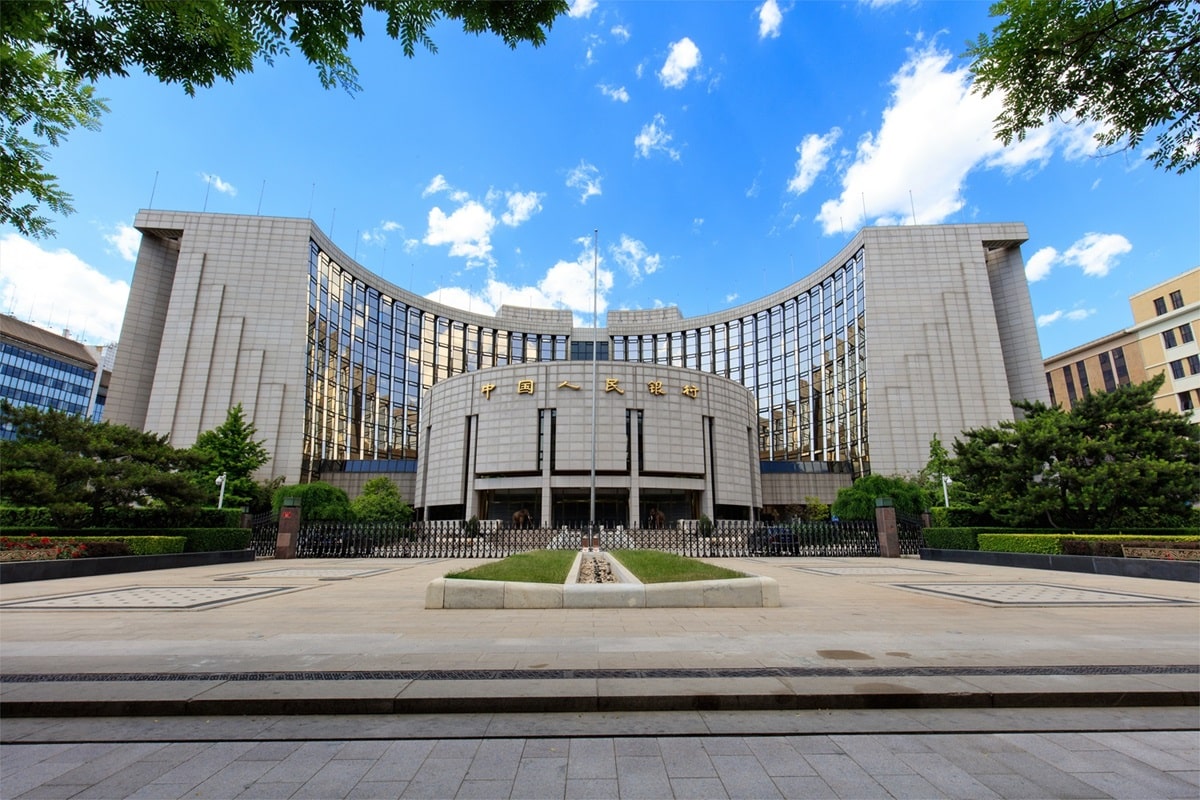People’s Bank of China Stresses on Global Regulation for Crypto and DeFi Markets

China’s central bank has called on global financial authorities to regulate the digital asset and decentralized finance (DeFi) markets in its recent financial stability report.
The People’s Bank of China released a report on Dec 22 highlighting a regulatory pathway for local and international financial watchdogs to roll out new rules, and policies in a bid to protect investors and all stakeholders in the market.
According to the report, virtual assets account for 1% of the world’s entire financial market with a limited relationship with traditional finance, analysts wrote while seeking a global approach to stability.
Mixed financial markets are inevitable
However, several commentators have opined that traditional finance will get more exposed to digital assets in the coming years as more products become mainstream in finance. A notable example is the tokenization of real-world assets currently spearheaded by large financial institutions deploying blockchains as technical solutions.
Also, the inflow of institutional investors in the market through wealth managers and digital asset funds is a major sign of a strong future partnership between both players.
A major driver for instructional investors in traditional finance in recent times is the anticipation of a spot Bitcoin ETF approval by the United States Securities and Exchange Commission (SEC) which will be a new window for traditional finance funds to flow into DeFi markets creating a bee cycle.
Blockchain reporter Colin Wu wrote on X (formerly Twitter) about the latest report highlighting the first time there was a separate section for the digital asset market.
The latest financial stability report of the People's Bank of China, for the first time, has set up a separate "crypto-assets" section in a large space, emphasizing the principle of "same business, same risks, same supervision" to reduce data gaps, reduce fragmentation, and…
— Wu Blockchain (@WuBlockchain) December 22, 2023
“The latest financial stability report of the People’s Bank of China, for the first time, has set up a separate “crypto-assets” section in a large space.”
Global regulatory pressure on markets
This year has seen financial regulators take center stage in releasing policy frameworks steering the development of the sector. The report lists the infamous Terra and FTX incidents as major reasons why rules must be in place and total compliance on the part of web3 firms to protect users.
To prevent regulatory arbitrage, central banks have been advised to work together in creating laws to apply in all jurisdictions. Notably, the document stresses the principles of “same business, same risks, same supervision,” to reduce fragmentation.
The European Union has set the pace with regional regulations with the passage of the Markets in Crypto Assets (MiCA) regulations which has ushered in uniformity in the market from registrations to execution.
Other jurisdictions like the United States are urged to follow suit to avoid the proliferation of lawsuits by local authorities and regulation by courts which at the moment remains uncertain weakening investors’ confidence.
🧑🏻💻⚡️ @coinbase CEO Criticizes US Lawmakers, Regulators Over Regulatory Approach, Warns of Upcoming Innovation in China@brian_armstrong criticized US lawmakers and warned that innovation is moving offshore.#CryptoNews #UShttps://t.co/Qa28pE9DfQ
— Cryptonews.com (@cryptonews) May 31, 2023
In recent times, China’s view on crypto has been described as changing by most analysts after an outright ban years ago to calling on regulators and with the activities recorded in Hong Kong.







